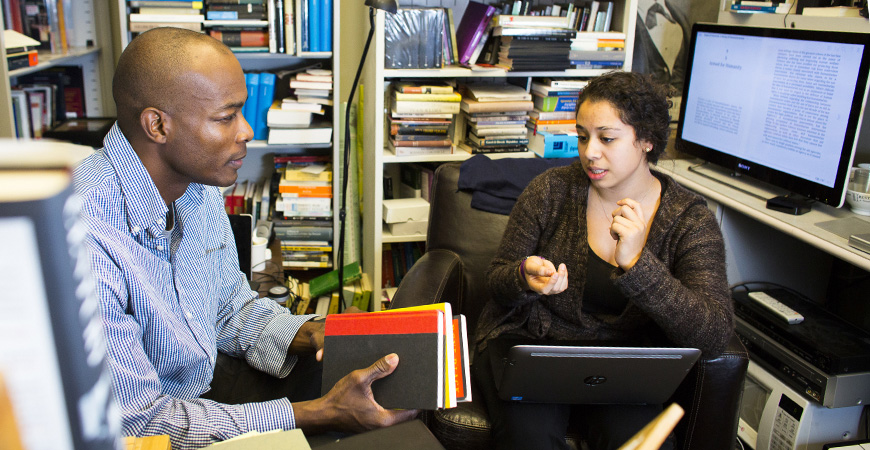
The University of California Office of the President awarded three out of only seven UC-Historically Black Colleges and Universities (HBCU) Initiative grants to UC Merced faculty members.
The initiative has fostered faculty partnerships with HBCUs to support enhanced diversity and representation of Black scholarship in graduate education and the professoriate since 2017.
“The fact that UC Merced faculty were so successful in securing three UC-HBCU grants for the first time is a testament to the caliber of work they propose and the momentum our campus is building toward a more inclusive and representative research community,” Chancellor Juan Sánchez Muñoz said. “These grants — totaling more than $450,000 — will help fund students from HBCUs and further strengthen and enrich our mission of teaching, research and public service.”
The UC-HBCU grants were the first for UC Merced and were awarded to faculty of color.
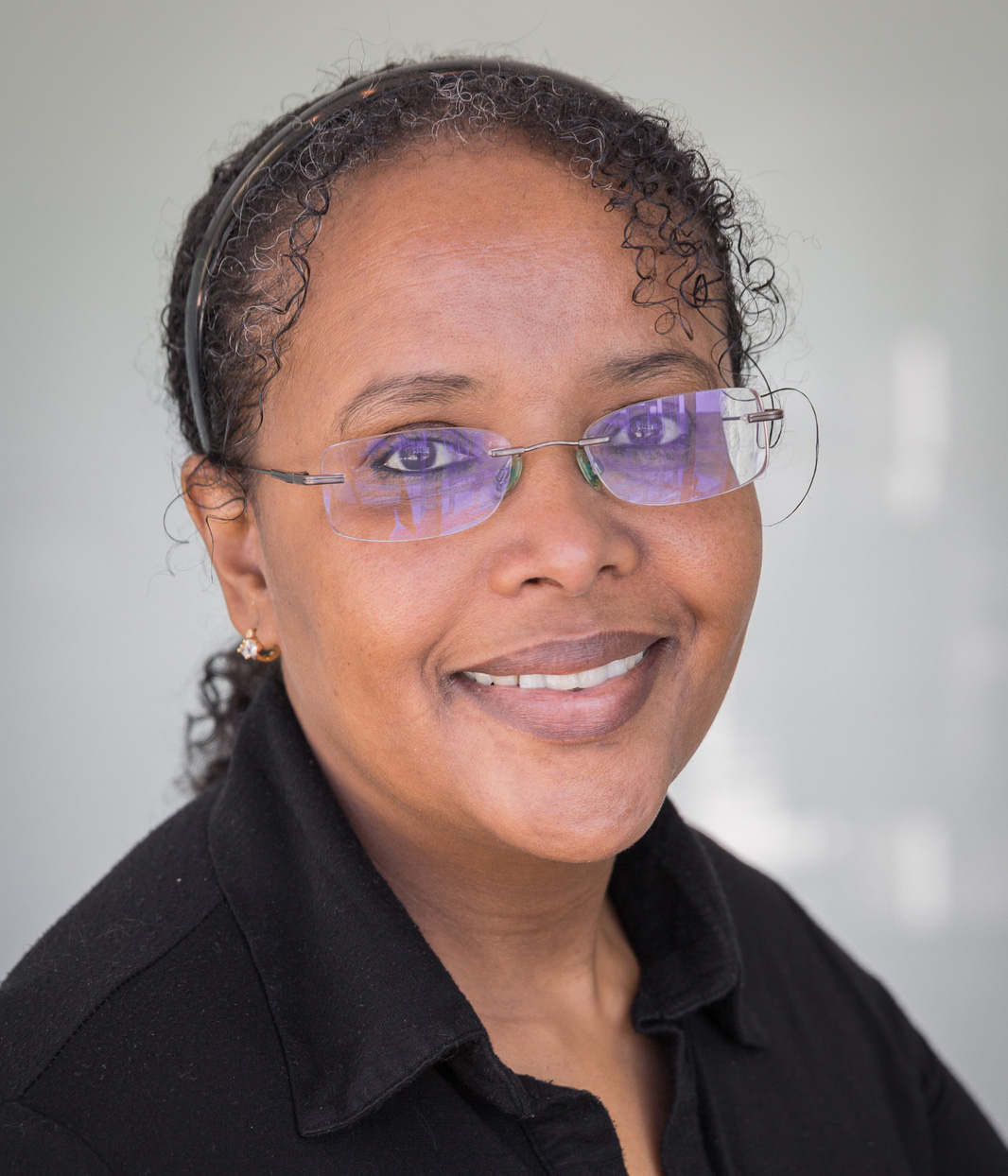 Soil biogeochemistry Professor Asmeret Asefaw Berhe and environmental physics Professor Teamrat Ghezzehei received the campus’s largest UC-HBCU Initiative award — $328,710 — for their grant submission titled “Boosting Representation of African Americans in the Geosciences (BRAAG).” The three-year pathways grant in collaboration with HBCU partners from Kentucky State University, Tennessee State University and Howard University will help support summer research and graduate admission.
Soil biogeochemistry Professor Asmeret Asefaw Berhe and environmental physics Professor Teamrat Ghezzehei received the campus’s largest UC-HBCU Initiative award — $328,710 — for their grant submission titled “Boosting Representation of African Americans in the Geosciences (BRAAG).” The three-year pathways grant in collaboration with HBCU partners from Kentucky State University, Tennessee State University and Howard University will help support summer research and graduate admission.
“The BRAAG partnership will improve the representation of Black people in the geosciences by recruiting students from multiple HBCUs where our faculty already have long-term working relationships and shared research interests,” said Berhe, who is interim associate graduate dean and the Ted and Jan Falasco Endowed Chair in Earth Sciences and Geology.

Through the grant, UC Merced will provide 12 HBCU students — four per year —with immersive and enriching eight-week research experiences, along with multi-tiered mentoring and sponsoring of the students after they complete their summer research.
Berhe and Ghezzehei, chair of the Department of Life and Environmental Sciences, have developed a plan based on best practices to build and nurture a community of Black scholars with members who share scientific interest around issues of (bio)geosciences, to address the persistent underrepresentation of African Americans in geosciences.
“Our partnership is based on robust evidence that shows summer research programs and internships can positively affect the participation of minoritized scholars in geosciences,” Berhe said. “These efforts are likely to have a more significant positive effect on the recruitment and retention of scholars from underserved communities when organized in a manner that centers intersectionality and acknowledges the role of institutional history and privilege.”
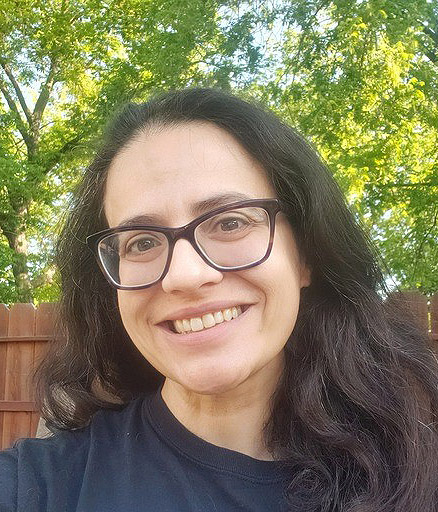 Professors Suzanne Sindi and Erica Rutter, female mathematicians in a majority female Applied Mathematics department, received a $78,000 UC-HBCU Initiative grant to address the critical need to increase the participation of Black students in data and computational sciences by establishing a Summer Research Internship Program with Benedict College, a private historically Black co-educational liberal arts institution in South Carolina.
Professors Suzanne Sindi and Erica Rutter, female mathematicians in a majority female Applied Mathematics department, received a $78,000 UC-HBCU Initiative grant to address the critical need to increase the participation of Black students in data and computational sciences by establishing a Summer Research Internship Program with Benedict College, a private historically Black co-educational liberal arts institution in South Carolina.
Data-science is one of the fastest growing and highest-paying sectors in the job market, but the representation of Black students in the field remains significantly low.
“The implications of this lack of representation in data science have far-reaching consequences for equity beyond the field, as algorithms created by data-scientists for many disciplines (biomedical, criminal justice, etc.) often perpetuate and encode racial biases,” Sindi said. “The COVID-19 pandemic has brought the statistical and mathematical analyses of diseases to the forefront, and our proposal will leverage this extra attention to recruit students from Benedict College to the internship program and then, hopefully, to graduate studies at UC Merced.”
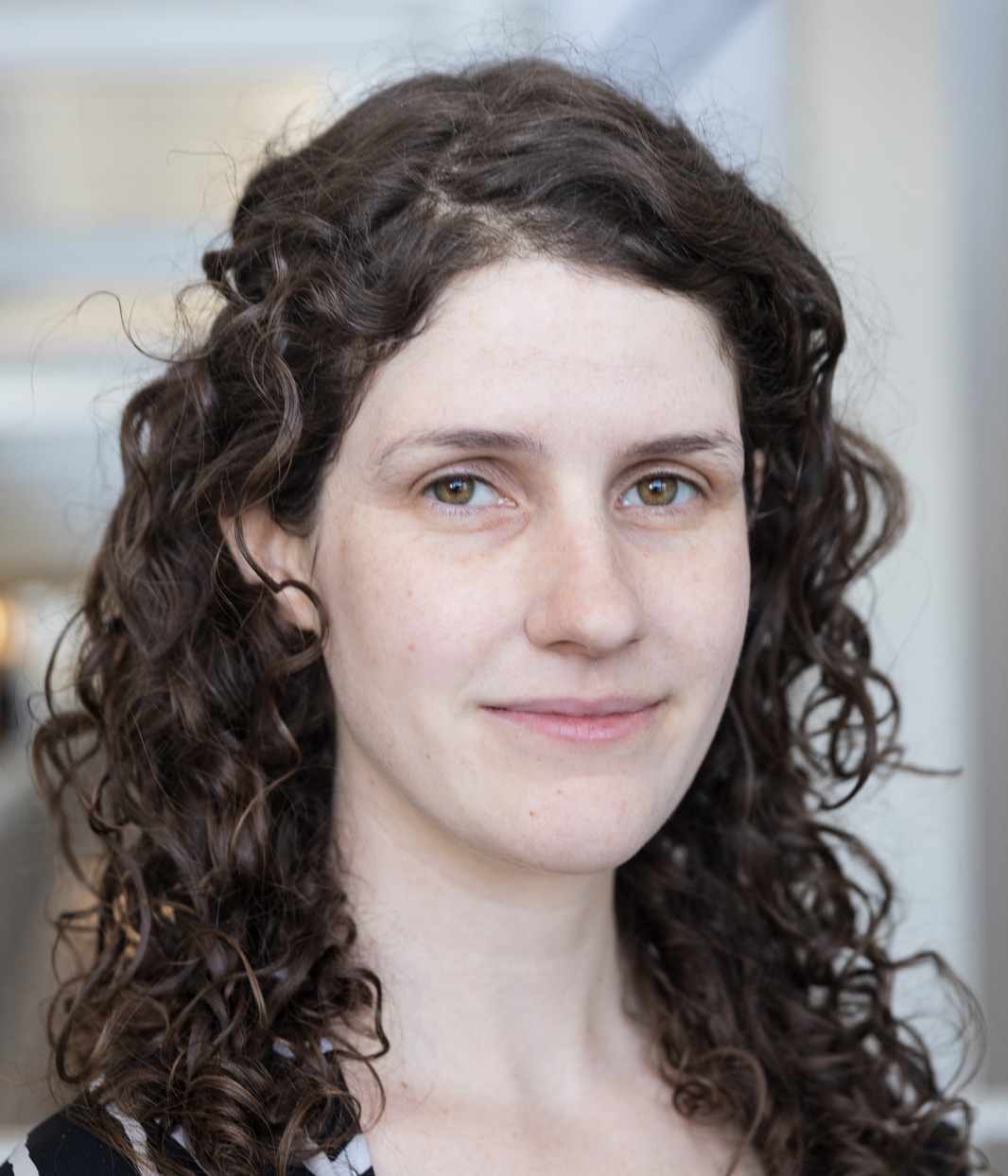
One distinct advantage is student interns will be mentored by Tyrome Sweet, a Ph.D. candidate in UC Merced’s Quantitative and Systems Biology program, who is an alumnus of Benedict College. In the fall, Rutter, Sindi and Sweet will travel to Benedict to deliver research talks and introduce the summer internship program.
“Tyrome will provide a visible exemplar for Benedict College students and demonstrate the very real possibility of continuing their higher education journey,” Rutter said. “This program will be just one step in our collective goal of a sustained pipeline of students from Benedict College to UC Merced for graduate school.”
The fact that UC Merced faculty were so successful in securing three UC-HBCU grants for the first time is a testament to the caliber of work they propose and the momentum our campus is building toward a more inclusive and representative research community.
Literature Professor Nigel Hatton was awarded $44,750 for his research project titled “Increasing African-American Graduate Enrollment in the Humanities at UC Merced.”
According to enrollment data, the Interdisciplinary Humanities (IH) Graduate Group at UC Merced enrolled five African American students from 2015-2020, and only one earned a doctoral degree.
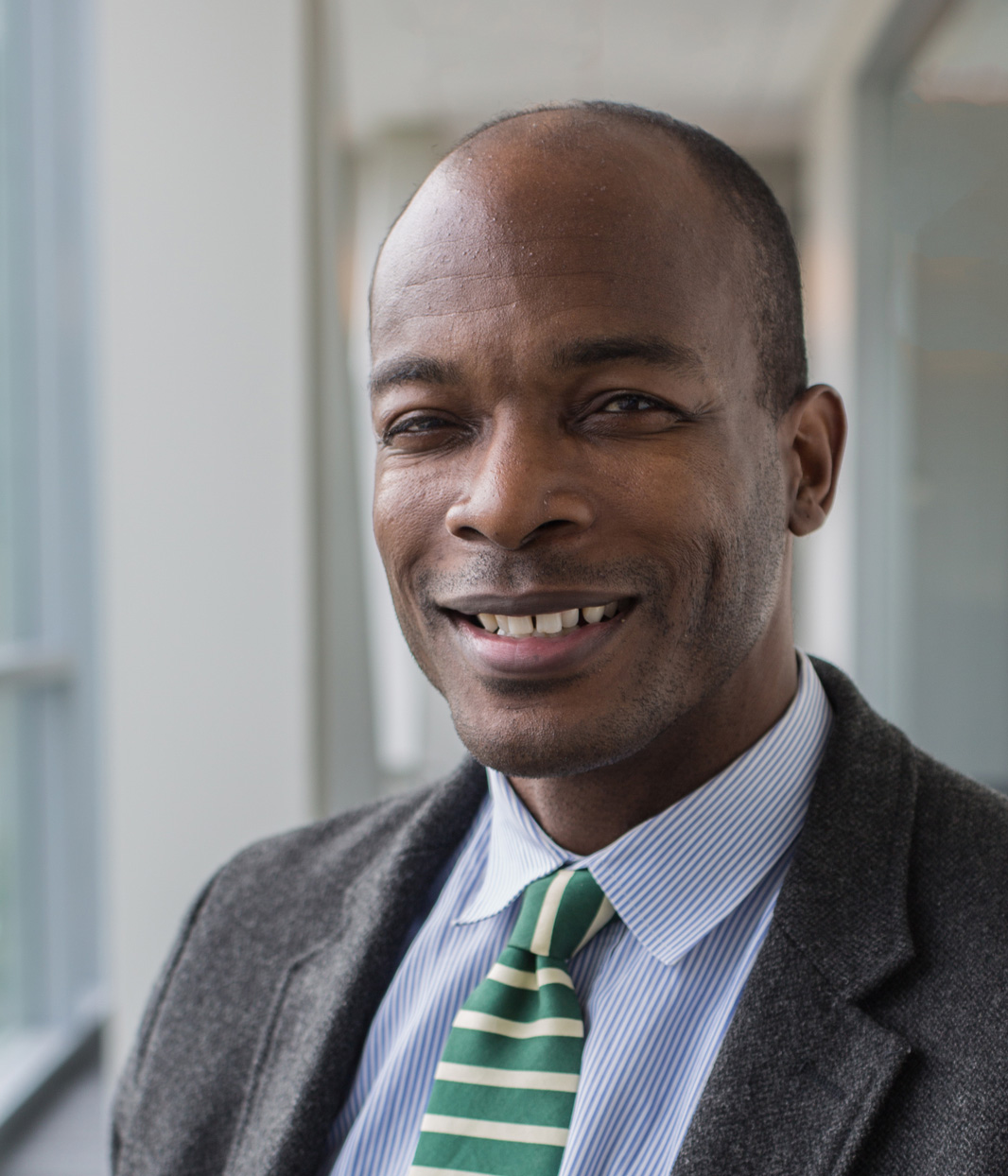
With the funding, Hatton will complete research on the experiences and retention of African American IH students and alumni, and partner with faculty and undergraduates at Dillard University in New Orleans to bring summer interns to UC Merced.
“We believe such a study could improve inclusion and the experiences of UC-HBCU students generally, and Black students enrolled in UC Ph.D. programs particularly on the UC Merced campus,” he said. “We imagine a bridge/gateway between New Orleans and the Central Valley — a journey many African Americans have made historically and after Hurricane Katrina.”
In a continuing effort to support Black scholarship at UC Merced, the campus awarded its inaugural Chancellor’s Fellowship for Inclusive Excellence four incoming Ph.D. students. Their studies will contribute to the representation of Black scholars in academia and beyond.
UC Merced is also developing doctoral pathway partnerships through memoranda of understanding with several minority-serving institutions, including Benedict College.
“The MOUs we have been working on are designed to support the kind of partnerships, training and recruiting efforts represented in these three UC-HBCU Initiative awards,” interim Vice Provost and Graduate Dean Chris Kello said. “I am thrilled to see years of effort come to fruition for our faculty and our campus, and I look forward to working with everyone to support their projects and build on their momentum to further expand our support for Black scholarship and research.”
These efforts are likely to have a more significant positive effect on the recruitment and retention of scholars from underserved communities when organized in a manner that centers intersectionality and acknowledges the role of institutional history and privilege.


